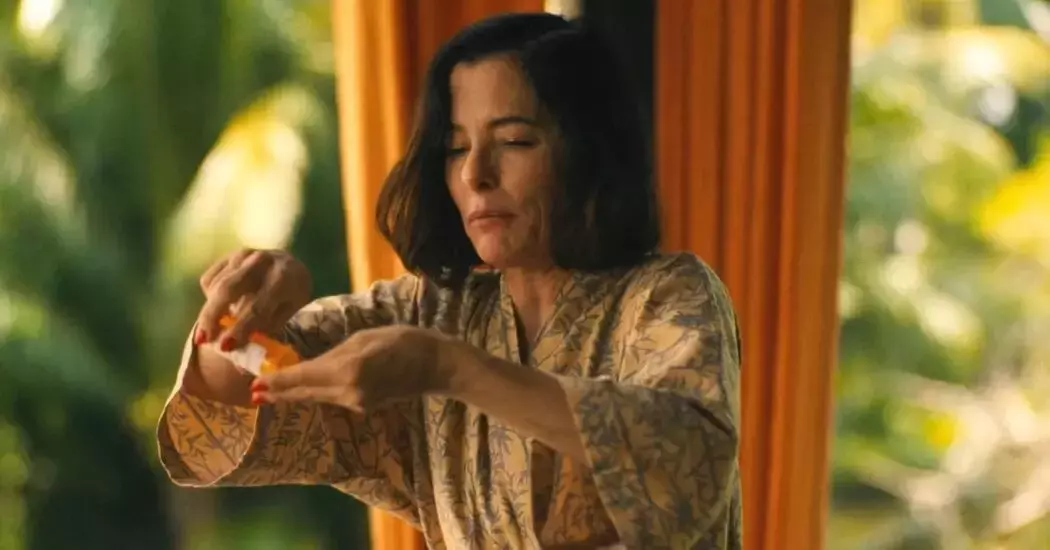
As the third season of "The White Lotus" draws to a close, the prescription medication lorazepam has transcended its role in the series to become a meme and merchandise sensation. Etsy stores are stocked with items humorously referencing the drug, while social media platforms showcase creative content mimicking its mention. This cultural phenomenon stems from fans' fascination with Victoria Ratliff, portrayed by Parker Posey, whose reliance on lorazepam reflects her struggles with anxiety amidst luxurious surroundings.
Victoria's character resonates deeply due to her humorous yet relatable expressions of stress and anxiety. Her need for lorazepam during various situations at a Thai wellness resort highlights both comedic and psychological elements. This portrayal has sparked widespread engagement, turning the drug into an emblematic symbol within pop culture, inspiring sketches like those on "Saturday Night Live".
Fan Obsession Fuels Lorazepam's Popularity
Audiences have embraced Victoria Ratliff's quirks, particularly her frequent references to lorazepam, transforming them into viral sensations. The character's interactions, such as expressing discomfort over massages or parties, underscore her dependency on the medication. Fans find amusement in these scenarios, leading to a proliferation of creative works centered around lorazepam.
This trend exemplifies how modern audiences engage with television characters beyond traditional viewing experiences. By creating hats, candles, and online videos that mimic Victoria's demeanor and dialogue, fans contribute actively to expanding the narrative universe of "The White Lotus." The inclusion of lorazepam in mainstream comedy further amplifies its prominence, showcasing the power of fan-driven content in shaping cultural discussions about mental health issues represented through entertainment mediums.
Character Dynamics Amplify Medication References
Parker Posey's performance breathes life into Victoria Ratliff, making her one of the most memorable figures in the series. Her depiction of anxiety manifests vividly through everyday activities, drawing attention to the complexities of managing stress in high-pressure environments. These moments serve not only as comedic relief but also provide insight into real-world challenges faced by individuals dealing with similar conditions.
Through Victoria's journey, viewers witness how personal insecurities can manifest physically and emotionally, often requiring external aids like medications for coping mechanisms. Her reactions—whether losing her bottle of lorazepam or facing unexpected family dynamics—highlight universal themes of vulnerability and resilience. Such portrayals encourage open dialogues about mental health while celebrating the artistry involved in crafting compelling narratives that resonate globally across diverse audiences.
